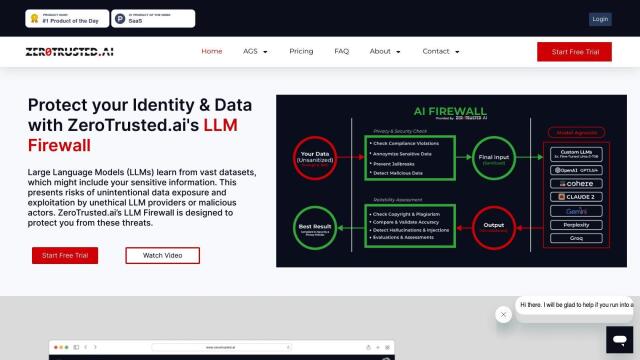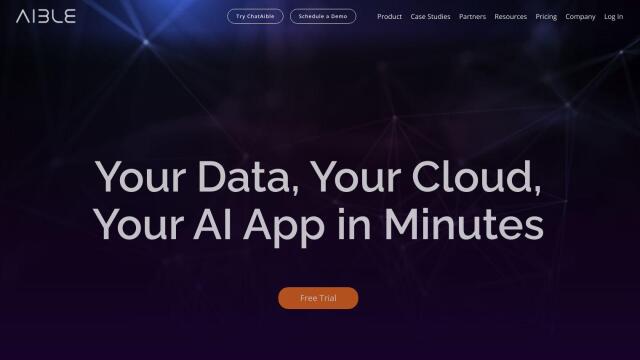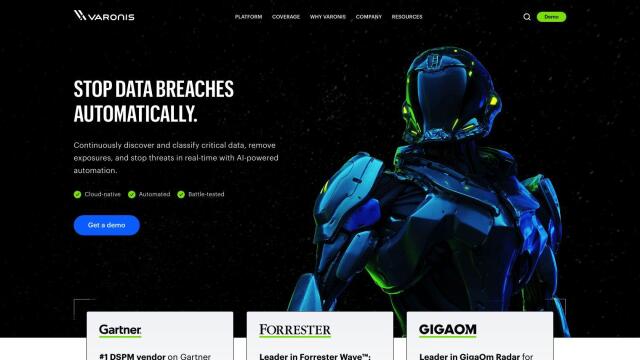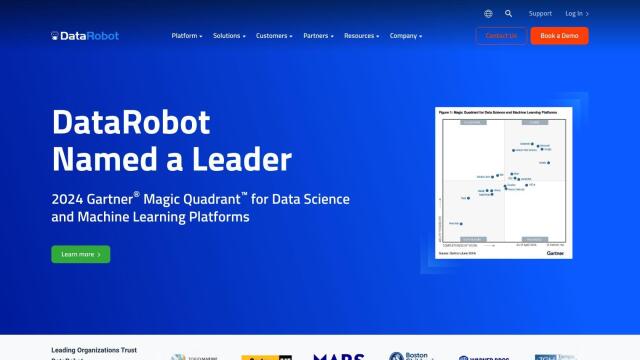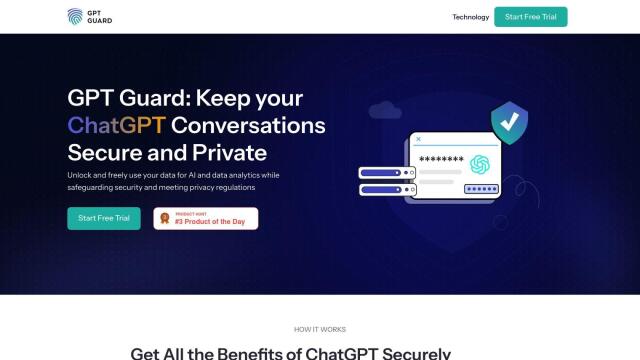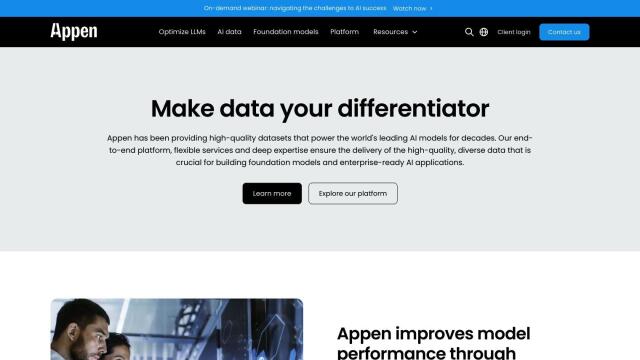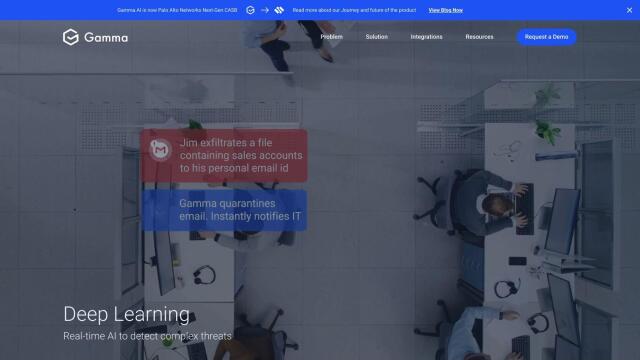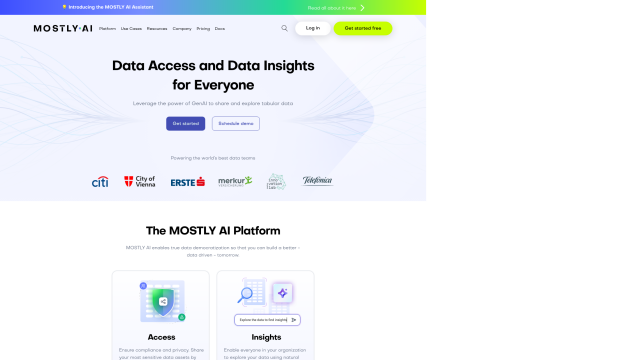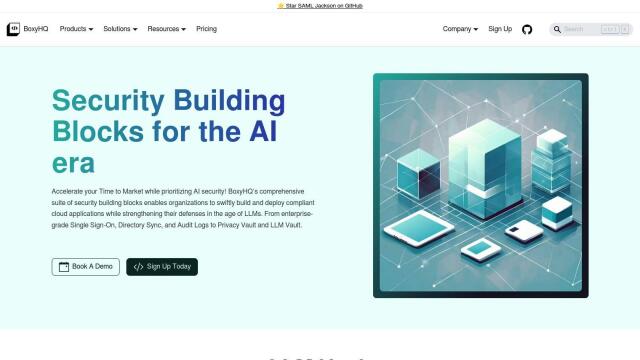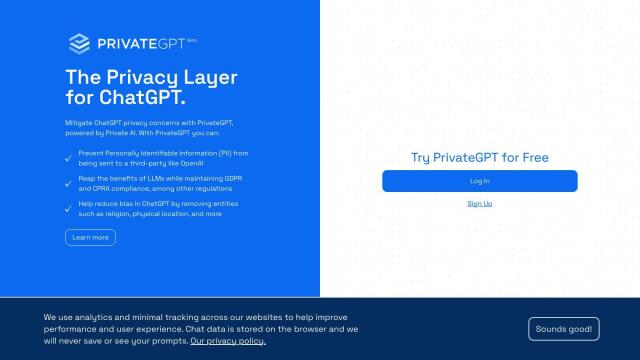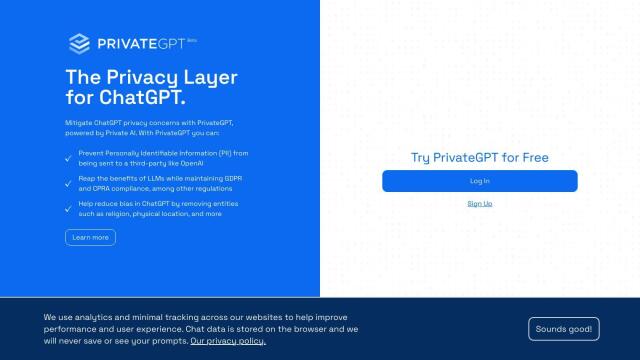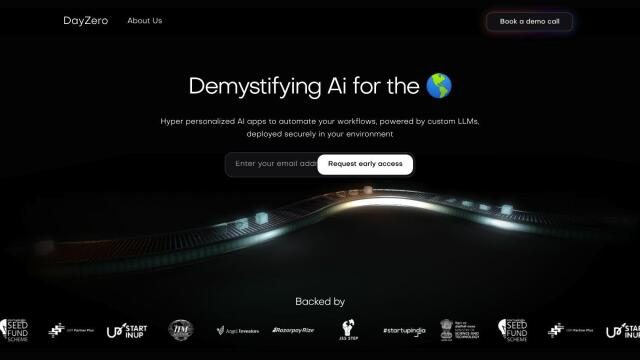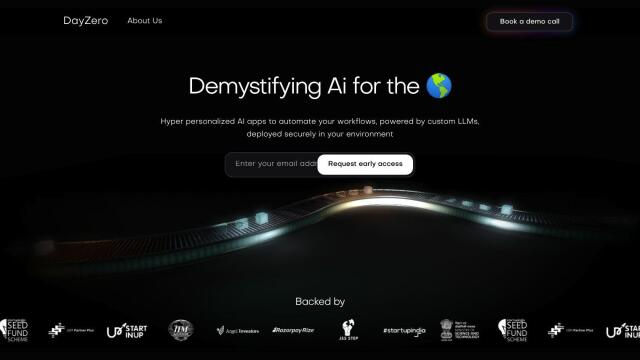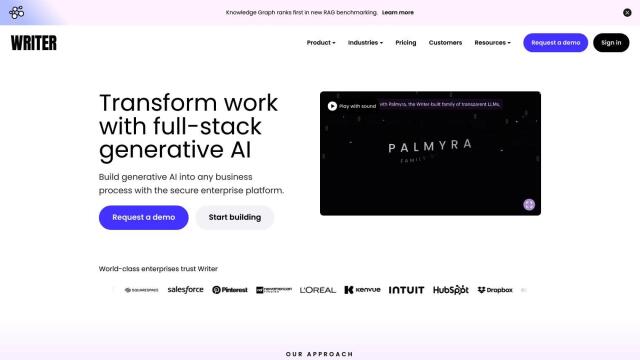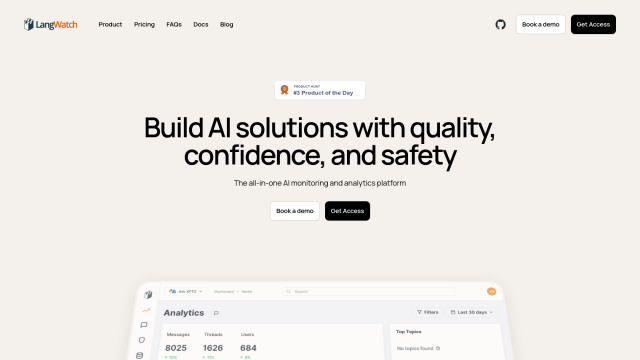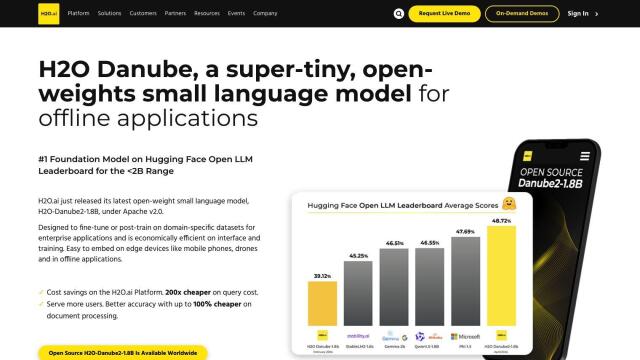
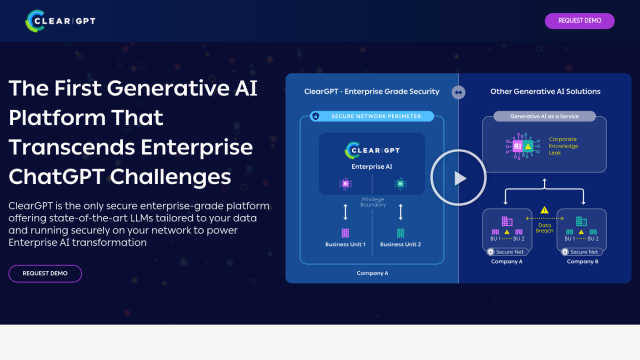
ClearGPT
If you're looking for a ZeroTrusted.ai alternative, you might also want to check out ClearGPT. It's a business-focused platform that prioritizes security, performance, cost and data governance. It includes features like role-based access controls, data governance, and a human reinforcement feedback loop designed to preserve privacy and control. ClearGPT can be easily integrated with existing applications, and it's designed to help businesses across the organization innovate with AI, making it a good choice for businesses that need secure and flexible AI.


LastMile AI
Another alternative is LastMile AI. It's a full-stack developer platform that lets engineers build generative AI applications with confidence. It comes with features like Auto-Eval for hallucination detection, RAG Debugger for performance optimization and a Consult AI Expert for help from a team of engineers and ML researchers. LastMile AI supports a range of AI models and has a notebook-like environment for prototyping and building apps, so it's a good choice for anyone who wants to build and deploy generative AI applications securely.

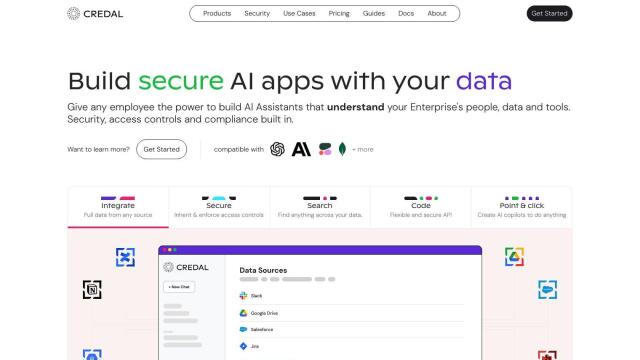
Credal
If you're looking for a platform to build AI applications with a company's own data, Credal is a suite of tools with built-in security, access controls and compliance features. It includes point-and-click integration with a range of data sources, automated redaction of PII, detailed auditing and SOC 2 compliance. Credal's RAG technology means you can build enterprise-ready AI applications securely, and it's a good choice for businesses that care about data security and compliance.

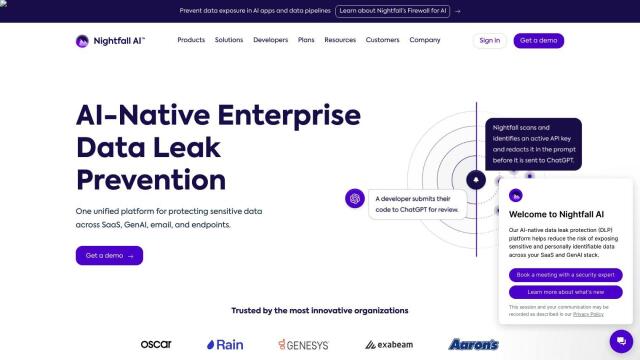
Nightfall
Another option is Nightfall, an AI-native data leak prevention platform that detects, classifies and protects sensitive data in SaaS and cloud applications. It includes features like data encryption, data exfiltration prevention and compliance with major standards like HIPAA, PCI, GDPR and ISO 27001. With flexible pricing plans and support for more than 100 file types and major SaaS applications, Nightfall is designed to provide high accuracy and low false positives, reducing the risk of data breaches and non-compliance.

